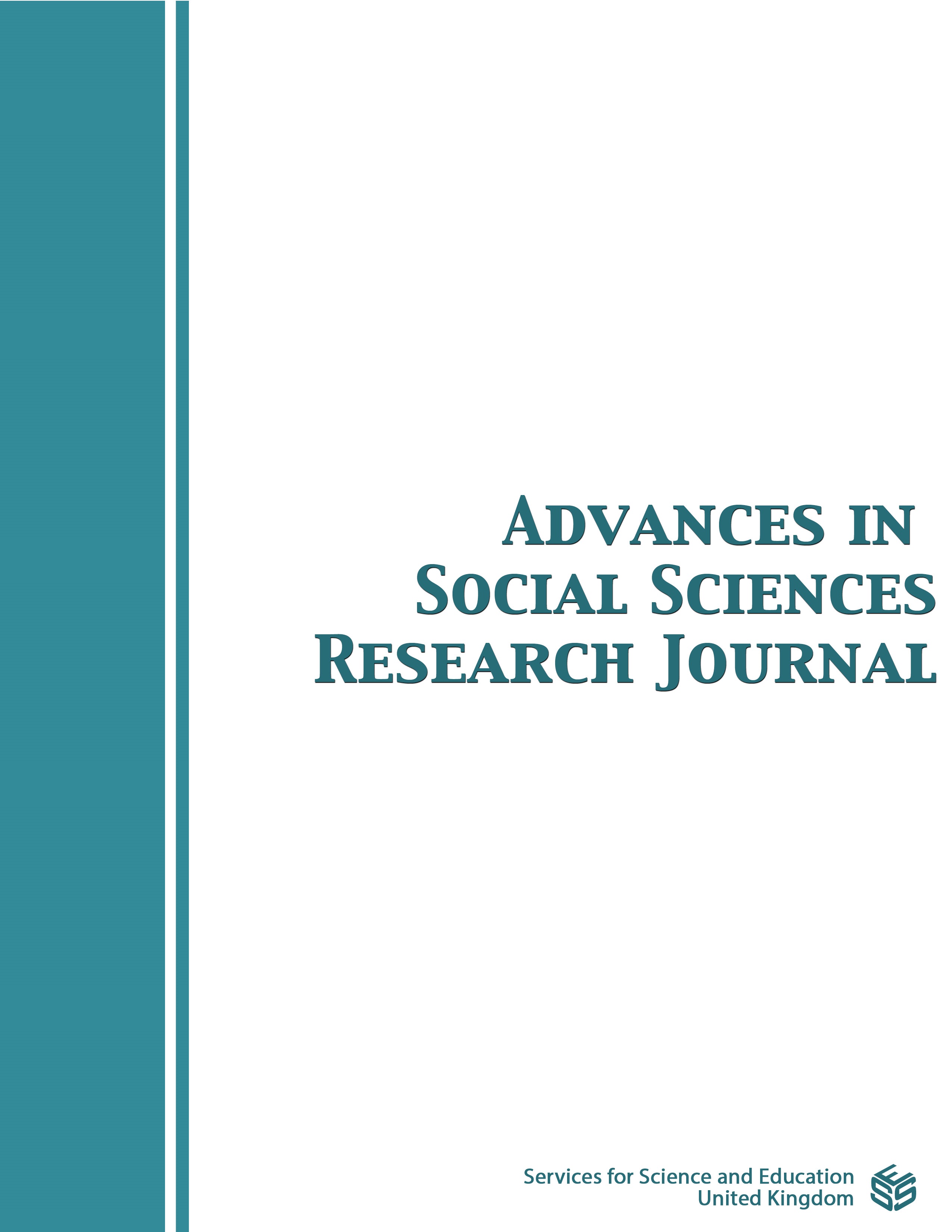A Qualitative Study of Community Priorities, Attitudes, and Beliefs Regarding Opioid Misuse in Rural Georgia
DOI:
https://doi.org/10.14738/assrj.115.17052Keywords:
substance misuse, opioids, rural, community preventionAbstract
Increasing mortality rates resulting from opioid use are reported in rural areas. This study aims to better understand the realities rural communities face related to opioid misuse. The objectives are 1) to examine what attitudes surround opioid use; 2) to describe existing prevention efforts currently available in the community, particularly those targeting youth; 3) to describe what substance use disorder treatment options are currently available locally; and 4) to discover what barriers keep people from accessing treatment. Researchers held community focus groups in four counties in rural Georgia, asking participants to describe local attitudes surrounding opioids, existing prevention and intervention efforts in their community, and barriers to accessing treatment. Qualitative analyses revealed eight overarching themes among the groups: 1) access/availability 2) physician prescribing behavior; 3) methamphetamine use as a substitute for opioids; 4) education; 5) environment; 6) restricted access; 7) intervention; and 8) awareness of the problem. Results suggest that prevention and intervention initiatives should be increased and should include focus on patterns of substance use (including substitution of one substance for another difficult-to-access one), education, and the environment. Environmental factors are critical—safe housing, communities of support, and peer coaches can provide the substance-free environment, socialization, and encouragement required for a former user to remain in recovery.
Downloads
Published
How to Cite
Issue
Section
License
Copyright (c) 2024 Maria Bowie, Grace Bagwell Adams, Amanda Abraham, Jonathan Murrow, Diane Bales, Anna Scheyett

This work is licensed under a Creative Commons Attribution 4.0 International License.
Authors wishing to include figures, tables, or text passages that have already been published elsewhere are required to obtain permission from the copyright owner(s) for both the print and online format and to include evidence that such permission has been granted when submitting their papers. Any material received without such evidence will be assumed to originate from the authors.






